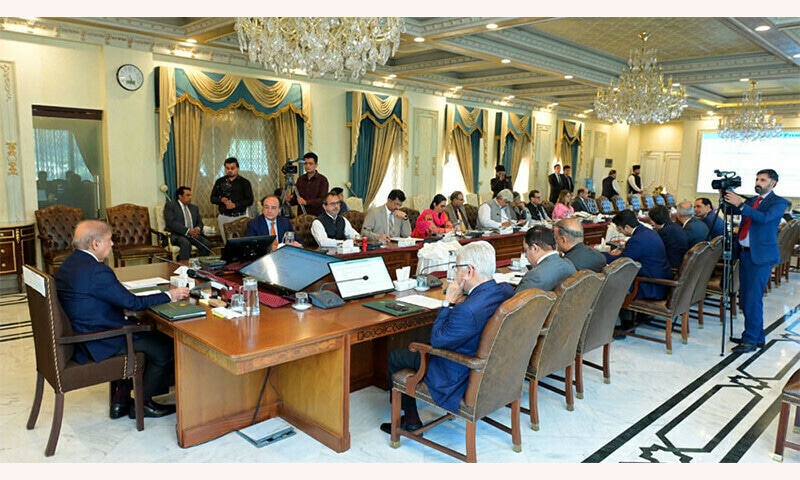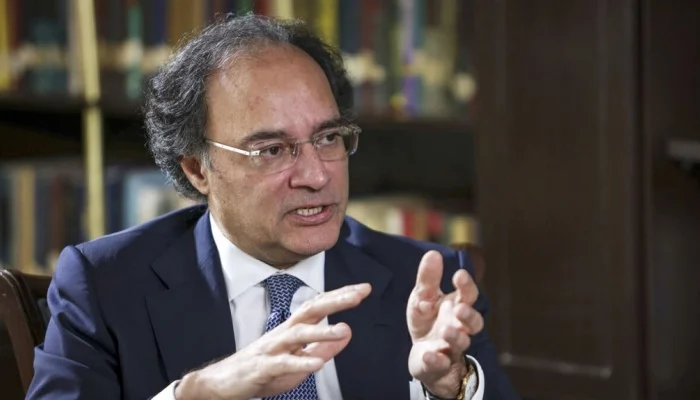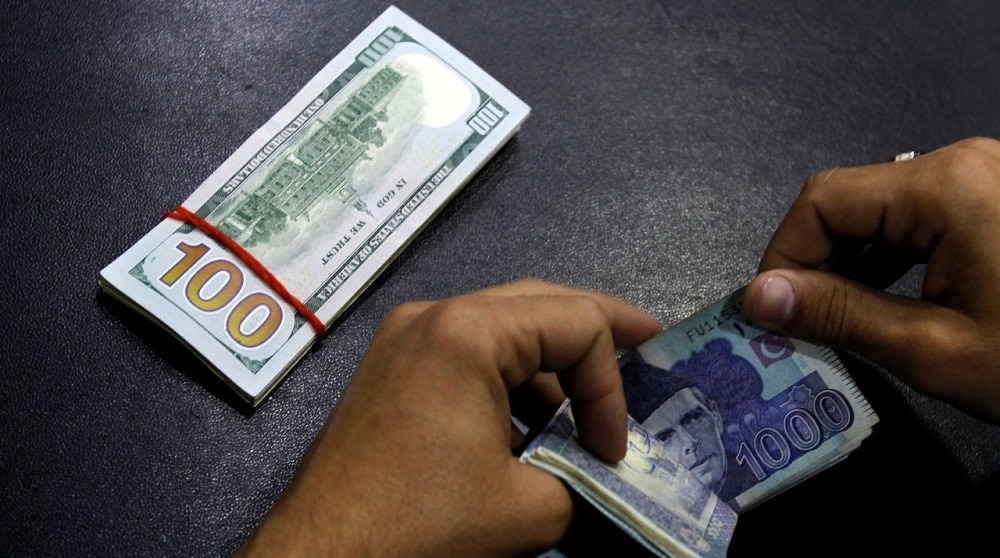PTBP Web Desk
Prime Minister Shehbaz Sharif, during a meeting of the Special Investment Facilitation Council (SIFC) on Thursday, underscored the inextricable link between political stability and economic growth. He asserted that a strong and stable political structure is the foundation of a thriving economy.
While addressing the council, a hybrid civil-military platform designed to stimulate economic development, the premier highlighted significant progress in macroeconomic indicators. He attributed these achievements to the diligent efforts of the government’s economic team.
He expressed optimism about 2025, projecting it as a year of prosperity and growth for Pakistan. The prime minister noted that inflation had been reduced to 4.1% for the first time since 2018, a significant milestone. Furthermore, foreign remittances had surged by 34%, exports experienced an upward trend, and foreign exchange reserves increased from $4 billion to $12.5 billion.
PM Sharif also addressed the policy rate, which currently stands at 13%, suggesting it has potential for further reduction by up to 8%, considering the current inflation rate.
He lauded the signing of multi-billion-dollar memoranda of understanding (MoUs) with Saudi Arabia, Qatar, and the UAE. These agreements, he stated, would significantly boost foreign investment in Pakistan and contribute to the country’s long-term economic stability.
The premier emphasized the importance of an export-driven strategy for sustainable economic expansion. He stated that Pakistan’s recent shift towards growth must be consolidated through policies that prioritize exports.
PM Shehbaz commended the Federal Board of Revenue (FBR) and Finance Minister Muhammad Aurangzeb for their efforts in exceeding tax collection targets. He noted that an additional Rs72 billion had been collected under the advance-to-tax ratio (ADR), enabling the government to nearly meet its revenue target for December 2024.
The prime minister highlighted significant improvements in trade operations, including a 39% reduction in container inspection times. He praised the introduction of a faceless interaction facility, which provided 89% relief to businesspersons, fostering a more conducive environment for commerce.
Additionally, he reported that sugar smuggling through Afghanistan had been entirely eliminated, a development he termed as a positive economic sign. Pakistan had also achieved $0.5 billion in revenue from sugar exports and $4 billion from rice exports, demonstrating the success of targeted policies in boosting trade.
PM Sharif acknowledged that security remains a substantial challenge for the nation. He reaffirmed the government’s unwavering commitment to combating terrorism, emphasizing that eliminating militancy is essential for sustained progress.
The premier commended stakeholders for facilitating an agreement among tribes to normalize the situation in Kurram. However, he expressed sorrow over the loss of innocent lives in the region, reiterating the government’s resolve to ensure peace and stability.
The prime minister concluded the meeting with a message of hope and determination. He urged all stakeholders to continue working towards the shared goal of economic prosperity and political stability, asserting that the achievements so far serve as a strong foundation for future growth.




